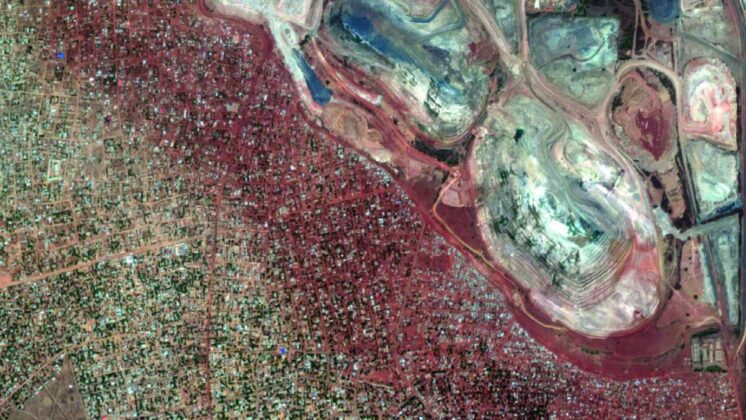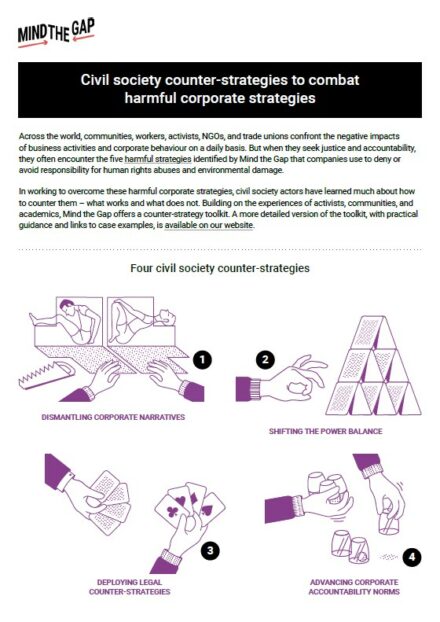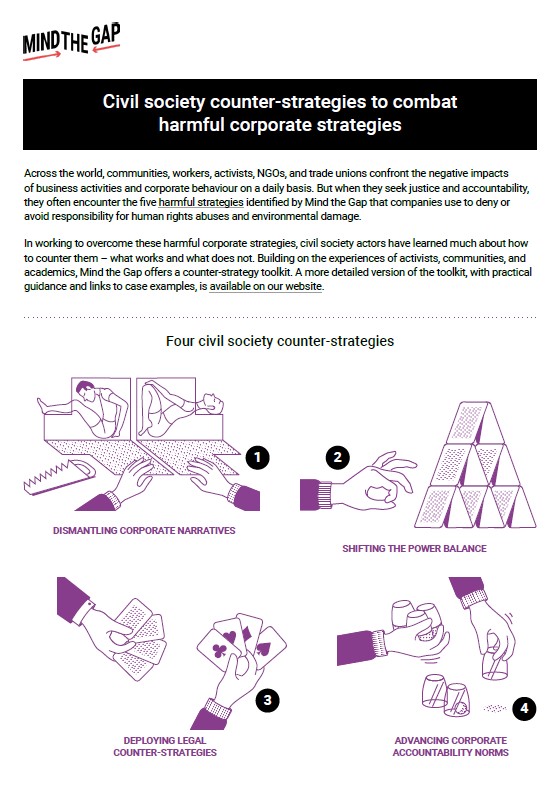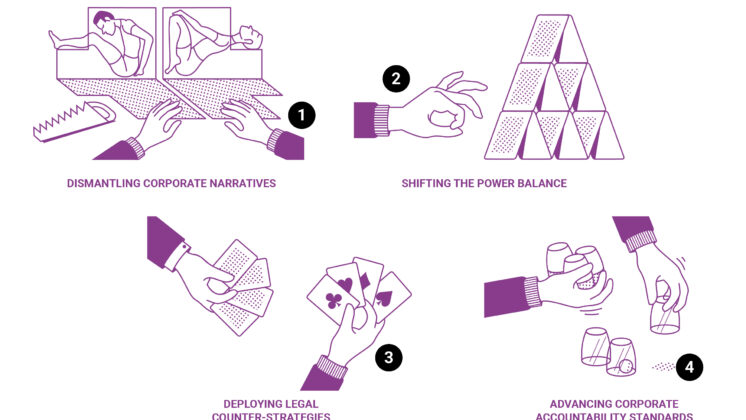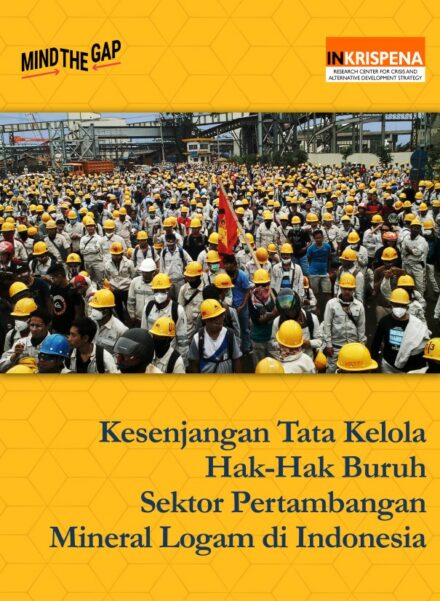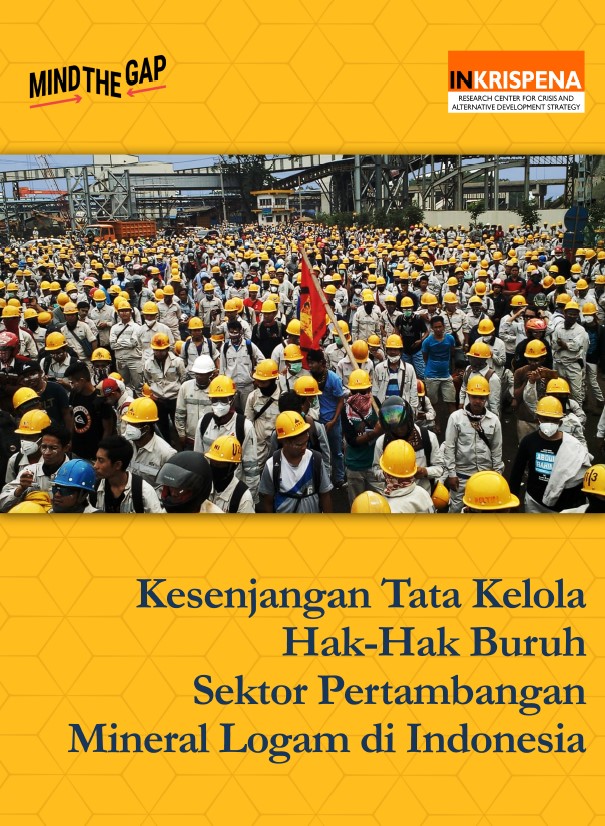By choosing to outsource risky activities to another company, or even offshoring it to a company abroad, companies are (partly) evading liability for adverse human rights and environmental impacts resulting from these activities.
CASE STUDY: Trafigura outsourcing toxic waste disposal in Côte d’Ivoire
Certain business activities are inherently dangerous and by their very nature, pose severe risks to human rights and the environment. Disposing of hazardous toxic waste, shipbreaking,[1] or commanding a private security force,[2] are all examples of high-risk business activities.
By outsourcing these activities, companies are paying another company to carry out the high-risk activities, potentially for lower costs, whilst also (partly) evading the liability for the harm caused in the event of unsafe and irresponsible disposal (the likelihood of which tends to increase as the cost for outsourcing decreases).
The outsourcing of high-risk activities is not necessarily harmful if the contracting party is more skilled and qualified than the contracting company to perform the activities. It becomes problematic when this type of outsourcing leads to human rights abuses and is used by companies to absolve themselves of the costs, responsibilities and liabilities related to the risks associated with their own business operations.
[1] NGO Shipbreaking Platform, “The Problem,” https://www.shipbreakingplatform.org/our-work/the-problem/ (accessed November 11, 2019).
[2] Friedman, Gabriel. “‘They Burned Everything’: Guatemalan Women Press Hudbay on Human Rights Claims in Closely Watched Case.” Financial Post, September 17, 2019. https://business.financialpost.com/commodities/indigenous-guatemalan-women-travel-to-toronto-to-press-hudbay-on-human-rights-claims (accessed July 4, 2020).




